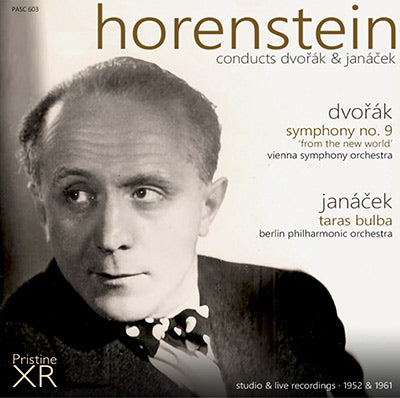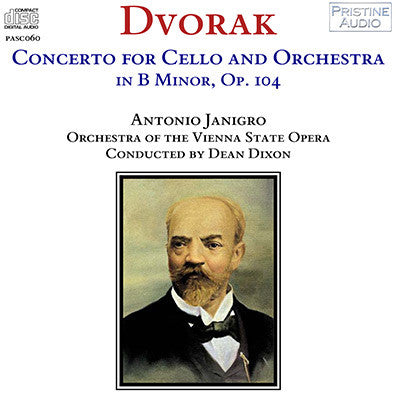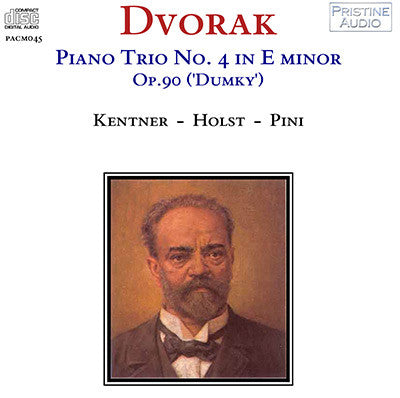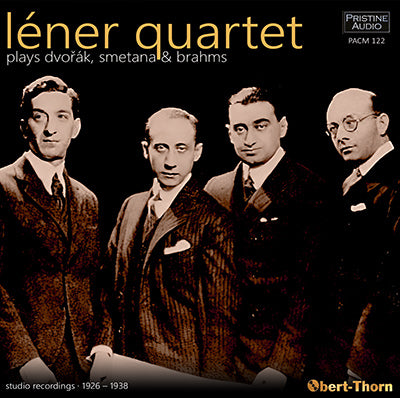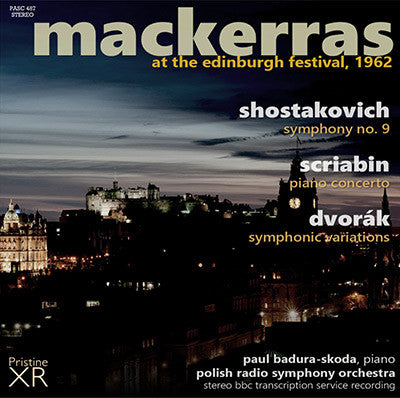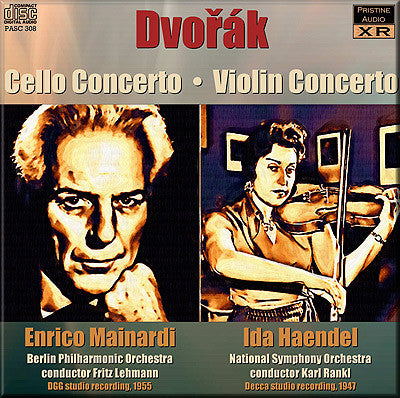Dvořák
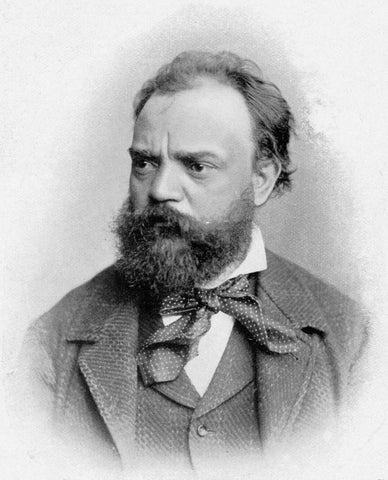
Dvořák displayed his musical gifts at an early age, being an apt violin student from age six. The first public performances of his works were in Prague in 1872 and, with special success, in 1873, when he was aged 31. Seeking recognition beyond the Prague area, he first submitted a score of his First Symphony to a prize competition in Germany, but he did not win, and the manuscript, not returned, was lost until rediscovered many decades later. Then in 1874 he first made a submission for the Austrian State Prize for Composition, including scores of two further symphonies and other works. Johannes Brahms, unbeknownst to Dvořák, was the leading member of the jury and was highly impressed. The prize was awarded to Dvořák for 1874[a] and again in 1876 and in 1877, when Brahms and the prominent critic Eduard Hanslick, also a member of the jury, made themselves known to him. Brahms recommended Dvořák to his publisher, Simrock, who soon afterward commissioned what became the Slavonic Dances, Op. 46. These were highly praised by the Berlin music critic Louis Ehlert in 1878, the sheet music (of the original piano 4-hands version) had excellent sales, and Dvořák’s international reputation at last was launched.
Dvořák’s first piece of a religious nature, his setting of Stabat Mater, was premiered in Prague in 1880. It was very successfully performed in London in 1883, leading to many other performances in the United Kingdom and United States. In his career, Dvořák made nine invited visits to England, often conducting performances of his own works. His Seventh Symphony was written for London. Visiting Russia in March 1890, he conducted concerts of his own music in Moscow and Saint Petersburg. In 1891 Dvořák was appointed as a professor at the Prague Conservatory. In 1890–91, he wrote his Dumky Trio, one of his most successful chamber music pieces. In 1892, Dvořák moved to the United States and became the director of the National Conservatory of Music of America in New York City. While in the United States, Dvořák wrote his two most successful orchestral works. The Symphony From the New World spread his reputation worldwide. His Cello Concerto is one of the most highly regarded of all cello concerti. Also, he wrote his American String Quartet, his most appreciated piece of chamber music. But shortfalls in payment of his salary, along with increasing recognition in Europe and an onset of homesickness, led him to leave the United States in 1895 and return to Bohemia.
Dvořák’s nine operas other than his first, Alfred, have librettos in Czech and were intended to convey Czech national spirit, as were some of his choral works. By far the most successful of the operas is Rusalka. Among his smaller works, the seventh Humoresque and the song "Songs My Mother Taught Me" are also widely performed and recorded. He has been described as "arguably the most versatile... composer of his time".

Dvořák
DVORÁK Symphony No. 9 "From the New World"
JANÁCEK Taras Bulba
Studio & Live recordings, 1952/61
Total duration: 68:41
Vienna Symphony Orchestra
Berlin Philharmonic Orchestra
conducted by Jascha Horenstein
DVOŘÁK Cello Concerto
Recorded in 1953
Duration 40:30
Antonio Janigro, cello
Orchestra of the Vienna State Opera
Conducted by Dean Dixon
DVOŘÁK Piano Trio No. 4 in E minor Op.90 ('Dumky')
Louis Kentner, piano
Henry Holst, violin
Anthony Pini, cello
Recorded in 1941
Duration 29'20"
DVOŘÁK String Quartet No. 10
DVOŘÁK String Quartet No. 12
DVOŘÁK Piano Quintet No. 2
BRAHMS Piano Quintet
SMETANA String Quartet No. 1, 'In My Life', 3rd mvt.
Studio recordings, 1926-1938
Total duration: 2hr 12:47
Léner String Quartet
Jenő Léner (violin I)
Josef Smilovits (violin II)
Sándor Róth (viola)
Imre Hartman (cello)
SHOSTAKOVICH Symphony No. 9
SCRIABIN Piano Concerto
DVORÁK Symphonic Variations
Live stereo concert recording, 1962
Total duration: 74:47
Paul Badura-Skoda, piano
Polish Radio Symphony Orchestra
Charles Mackerras, conductor
DVOŘÁK Violin Concerto
Recorded in 1955 and 1947
Total duration: 69:00
Ida Haendel, violin
Berlin Philharmonic Orchestra
Fritz Lehmann, conductor
National Symphony Orchestra
Karl Rankl, conductor

